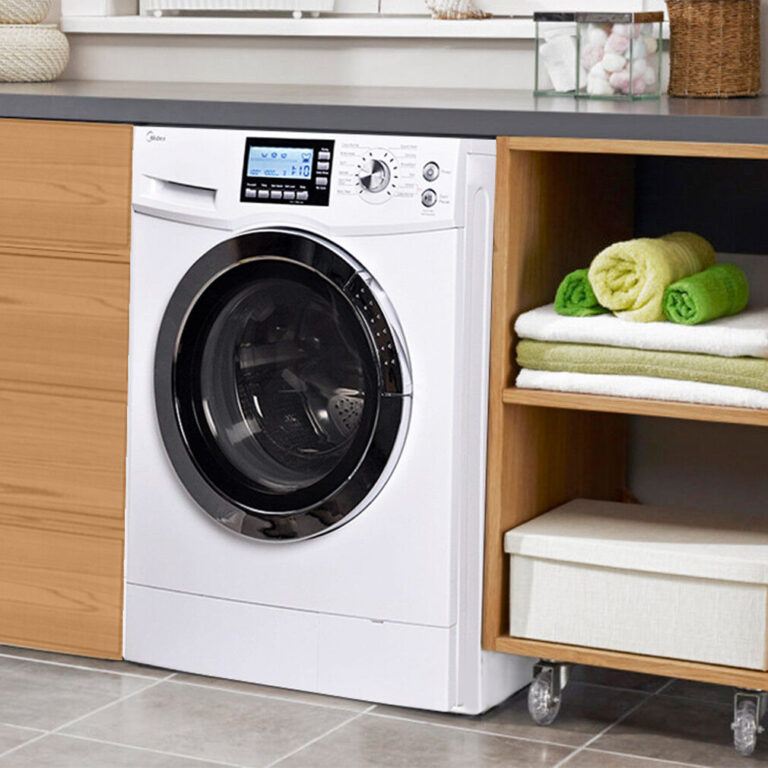Indoor Air Quality Pollution: How to Breathe Easier
Breathing clean, fresh air is important to your health. Indoor air quality pollution makes it more difficult to breathe. Learning to improve the air quality inside your home can be done. There are several strategies you can use to make the air inside your home more breathable and healthy.
Leave Pollutants At the Door

One of the key strategies is to leave possible air pollutants outside the home. A simple way to do this is to practice leaving your shoes at the door to avoid tracking in particles and toxins on your shoes. You may change shoes by having some type of footwear you only wear inside the home to avoid contamination.
For those who have a foyer or a mud room (having a transition space between the inside and outside), cleaning outside doormats where you wipe your feet keeps possible toxins out of these spaces. Find a frequency for cleaning your doormats and keep the exterior spaces outside the house clean. Having an additional mat to absorb particles from shoes inside the outer door way is another great idea.
Open the Windows to Freshen Your Home

Opening up your windows regularly to ventilate your home on a regular basis is a good idea. Air movement or air volume changes help the air quality inside your home. Not ventilating your home periodically allows the air inside to be stale and quite unhealthy.
If you have a pet, dander and other particles from your pet affect indoor air quality. This becomes more critical if you have a pet that occasionally goes outside and reenters the home. Carefully consider what may be coming into your home on your pet’s feet.
Fans and ventilation systems help to keep air moving. Having exhaust fans to allow changes of air inside the home can be helpful.
Remove Dust and Change Filters Regularly
Air filters are a great tool for improving indoor air quality. To be effective, you need to change your filters on a regular basis. Use high efficiency rated filters to be sure you are doing an adequate job of removing particles, dust and dandruff from your air handling systems.
Dust removal and cleaning are vital to improving air quality. If you have carpet, regularly vacuum to remove dirt from carpet surfaces, which can be a sponge for air pollutants.
Dust furniture, wall and hard surfaces to get rid of dust build up. Microfiber cloths are great at removing dust from surfaces. Sweep and mop floors to remove dirt. Wipe down walls and use dust catching implements to get dust out of your home.
Use Natural Cleaners
Natural cleaners go a long way in making sure the space you live in is clean and allergen free. Harsh chemicals and substances in your home can contribute to bad air quality. Smells from strong cleaners (ammonia comes to mind) irritate the lungs when breathed in. Focus on eliminating as many of these non-natural cleaners from your home.
I use natural based cleaners whenever I can. If you love scents, essential oils can be employed to help give your home a memorable scent. They can also be employed in natural cleaner recipes. Vinegar and baking soda are your best friends when finding cleaning solutions for your home.
You can purchase natural based cleaners as well. Get in the habit of looking at labels when you buy cleaners. Keep the bad chemical exposures away from you and your family by making the pledge to keep your home a toxin-free zone.
Avoid Artificial Fragrances

Many people love the scent that artificial plugins and sprays give their home. A lot of times the scents come in the form of man made substances that wind up in your home’s indoor air. Using unscented products in the home is one way. Again, if you like scents, employing natural means like essential oils is an alternative if you love fragrances. Substances like potpourri provide another alternative.
Volatile organic compounds are the target when it comes to eliminating artificial fragrances. Cancer causing substances or lung irritants are the exposures you want to keep your family safe from.
Eliminate Air Pollution Sources
Second hand smoke comes to mind as one pollution source you should try to get rid of to improve air quality. Smokers don’t like being told to keep their smoking habit outside the living space, but the compounds found in cigarette and tobacco smoke are obviously harmful.
Candles are another source of indoor pollution people don’t think about. Burning candles emit fumes that accumulate inside. Make sure you don’t burn these on a regular basis and if you do burn candles, ventilate the fumes when you are done.
Mold and mildew create another source of indoor air pollution. Spores from mold are often breathed in and cause respiratory issues. Control humidity in damp places in the home such as bathrooms, laundry areas, kitchens or anywhere else moisture can be an issue. If the problem is severe enough, consider getting professional help to eliminate mold or mildew issues.
Wash Your Bedding Regularly
Pillows, sheets and other bedding should be laundered on a regular basis. Sweat and dust accumulations can rapidly affect air quality in your bedroom.
Keeping pets out of the bedroom is not a bad idea. If they do frequent your bedroom area, frequent vacuuming may be needed to keep pet dander down.
Fresh bedding changes at regular intervals can help. In the case of pillows, drying to kill dust mites at least weekly is recommended. Change pillow shams and covers to keep your bedding fresh.
Use An Air Purifier

Air purifying systems provide another layer of protection form indoor air pollution. These purifier units are the latest in technology to make our breathing easier. Getting a unit equipped with HEPA filtration is a great idea.
One word of caution comes to mind about air filters. Ionic air filters may produce ozone air particles, Ozone is an irritant and is particularly bad for asthma and allergy sufferers. I suggest making sure you do not purchase this type of air filtration unit.
The placement of your air purifier should be located in the rooms you spend the most time in. This way, you will get the most benefit from the system you purchase.
Indoor air quality should be everyone’s concern. Many of us spend a great deal of our time indoors and breathing quality air prevents health issues. Keep contaminants and air pollutants to a minimum as much as possible in your home. Dust regularly, change your air filters periodically and make your family’s air as safe as possible.





I appreciate that the article provided practical tips and strategies for improving indoor air quality, such as using air purifiers and plants that can filter harmful pollutants from the air. As someone who spends a lot of time indoors, I think it’s crucial to be aware of the potential health risks associated with poor indoor air quality and take steps to improve it. Thank you so much. You don’t know how much you saved with this article.
Thank you for such an informative article Elridge discussing such an important topic of Indoor Air Quality Pollution: How to Breathe Easier. This is an issue that can affect most of us at some points in our live and I am thankful for having read it.
I agree with leaving pollutants at the door and have just recently employed that tactic with my shoes as they are traipsing through all kinds of unpleasant contaminants out in the public and on the street that I really do not want in my home.
Air filters should be changed regularly and letting you residence air out is also a valuable strategy to improve the air you breathe.
Well hello, and Thanks for the informative topic that you shared with us, Keeping the air in your home clean is important for your health, and a simple way to do this is to leave your shoes at the door and clean outside doormats. Ventilating your home regularly and using fans and exhaust systems can also help. If you have a pet, be mindful of the particles they bring inside and consider using separate indoor footwear.
I have found that keeping a schedule for cleaning is vital to helping maintain a clean atmosphere inside. Not only with items like candles and cigarette smoke but from cooking as well. We keep several plants indoors to help rid our air of some of the toxins. The best bet is to clean on a regular basis.
Jerry